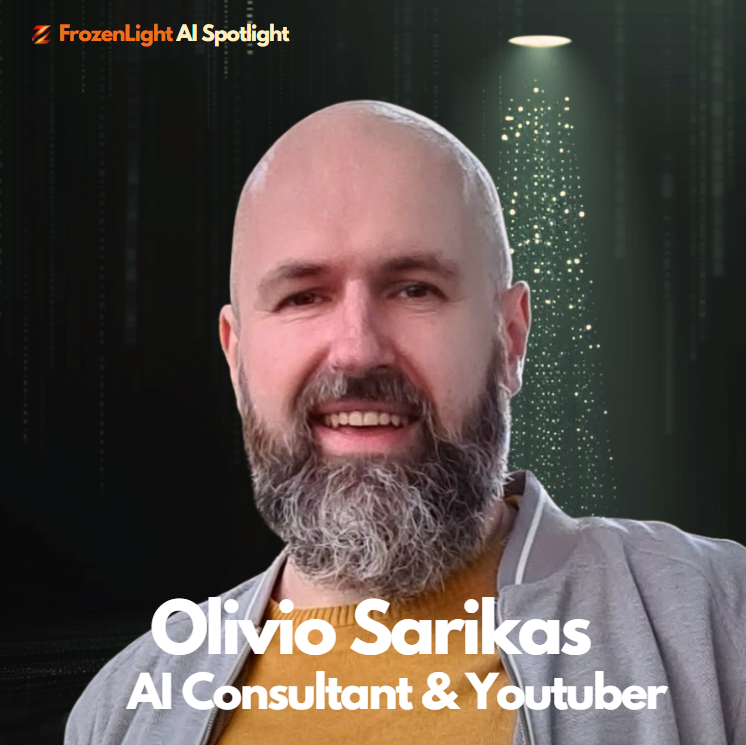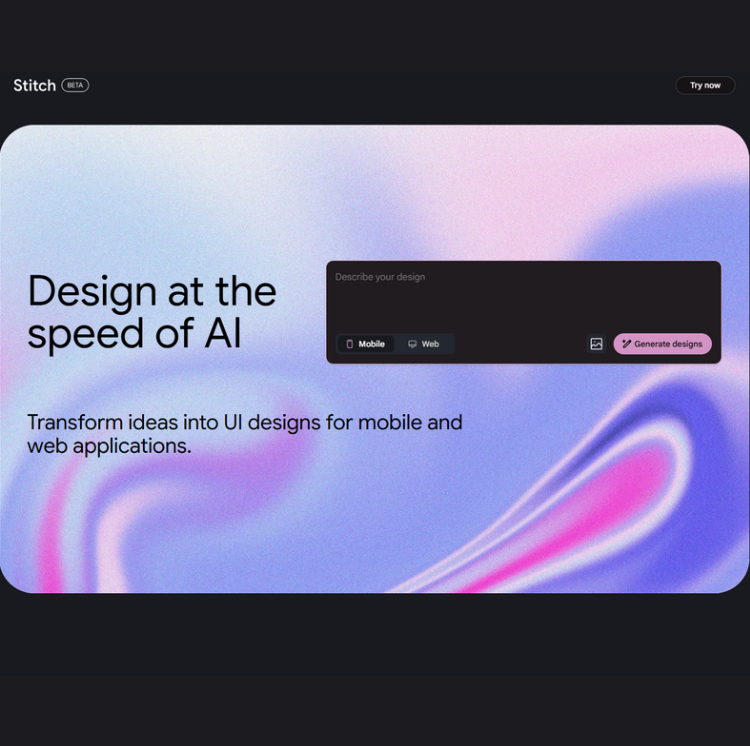Google has launched Gemini 2.5 Pro and Flash as generally available, and introduced Gemini 2.5 Flash‑Lite in preview - the fastest and most cost-effective member of the Gemini 2.5 family so far.
What the Company Is Saying
Google’s message is all about performance without compromise - they want developers to pick the right brain for the job without paying extra for features they don’t need.
“We designed Gemini 2.5 to be a family of hybrid reasoning models that provide amazing performance, while also being at the Pareto Frontier of cost and speed.”
- Tulsee Doshi, Senior Director of Product Management at Google
They’re also saying this new Flash‑Lite is the most cost-efficient and fastest model they’ve released yet.
Translation? It’s made to go fast, go cheap, and still play nice with tools.
What That Means (In Human Words)
You’ve now got three different versions of Gemini 2.5 to pick from:
-
Pro → Thinks deeply, writes code, understands nuance. Premium.
-
Flash → Faster and cheaper, but still solid at general tasks.
-
Flash‑Lite → Super fast, super cheap. Doesn’t “think” unless you tell it to. Great for bulk jobs like summarising, translating, or tagging.
And yes - 1 million tokens of memory across the board. That means you can load massive docs, chats, or data without cutting it into pieces.
If you’re a developer, this isn’t just about performance - it’s about having the right tool for the job and the budget.
Connecting the Dots: Focusing on “Cheap”
The message of this release is clear: cost and productivity. Let’s break it down.
🧠 Token pricing is dramatically lower
AI models usually charge based on tokens - chunks of words the model reads (input) and generates (output). Here's how Flash‑Lite compares:
|
Model |
Input Price per 1M tokens |
Output Price per 1M tokens |
|
Flash‑Lite |
$0.10 |
$0.40 |
|
Flash |
$0.30 |
$2.50 |
|
Pro |
Not listed, but higher |
Likely similar to 1.5 Pro |
That’s over 6× cheaper for output than Flash, and up to 25× cheaper than models like GPT‑4-turbo.
🛠️ It skips the expensive thinking
Flash‑Lite doesn’t use advanced reasoning by default - it skips chain-of-thought and multi-step logic.
Why does that matter?
Deep reasoning = more computation = higher cost.
Flash‑Lite keeps “thinking” turned off unless you explicitly want it. That means lower costs, faster responses.
🧪 It’s optimised for efficiency, not benchmarks
Instead of chasing leaderboards or trying to beat GPT‑4, Flash‑Lite is tuned for:
-
Fast response times
-
Low compute requirements
-
Massive workloads (tagging millions of documents, summarising pages, bulk translations)
It’s perfect for businesses running huge operations where cost per request really matters.
🔁 Closing the Loop – everything looks better with a side-by-side comparison
Let’s compare it to what’s already out there -
so we can see what Gemini claims to do better than the rest.
|
Model |
Token Limit |
Avg Input Price (per 1M) |
Avg Output Price (per 1M) |
Speed (tokens/sec) |
|
Gemini 2.5 Pro |
1 million |
$1.25 |
$10.00 |
~400–500 t/s |
|
Gemini 2.5 Flash |
1 million |
$0.30 |
$2.50 |
~500–700 t/s |
|
Gemini 2.5 Flash‑Lite |
1 million |
$0.10 |
$0.40 |
~500–700 t/s |
|
ChatGPT (GPT‑4o) |
128K |
~$3.00 |
~$6.00 |
~400–600 t/s |
|
Perplexity (Sonar Pro) |
~4K (search) |
~$1.00 |
~$3.00–15.00 |
varies (search-based) |
Bottom Line
|
Update |
Availability |
Pricing (input/output) |
|
Gemini 2.5 Pro |
GA - prod ready |
Paid (higher tier) |
|
Gemini 2.5 Flash |
GA - prod ready |
$0.30 / 1M in · $2.50 / 1M out |
|
Gemini 2.5 Flash‑Lite |
Preview (AI Studio, Vertex AI) |
$0.10 / 1M in · $0.40 / 1M out |
-
Price: Flash‑Lite < Flash < Pro
-
Access: Flash & Pro: GA in AI Studio, Vertex AI, Gemini App, Search
Flash‑Lite: Preview in AI Studio + Vertex AI -
More Info: Read Google’s blog post
🔍 From Thought to Prompt
If you want to see what Gemini 2.5 actually changes in your day-to-day use, try this:
Prompt: Based on our past conversations, please identify the types of tasks I frequently use you for (e.g., summarisation, brainstorming, coding, research, creative writing, quick questions, etc.).
For each of those identified tasks, describe how my experience with you might change or improve with the capabilities of the newer Gemini 2.5 models, particularly highlighting any differences I might notice compared to previous versions, and specifically how the speed and efficiency of the "Flash" variant could impact my workflow.
Please use a simple list format showing:
-
My Frequent Task: [Task identified]
-
My Experience with Older Gemini (Past): [Description of past experience]
-
My Experience with Gemini 2.5 / Flash (Now): [Description of new experience, focusing on changes like speed, depth, conciseness, etc.]
Try it out and see where the new Gemini fits into your flow
🧊 Stop the AI Cult – Frozen Light Perspective
This rollout represents a clear shift in Google’s Gemini strategy - not just in product, but in intention.
We know ChatGPT is handling somewhere between 100 million to over 1.2 billion user messages per day (depending on the estimate). Gemini?
No confirmed API usage numbers. But the signs are there:
-
Limited free tiers
-
Capped daily usage
-
Forums filled with quota complaints
That tells us: Gemini hasn't hit the adoption levels they want - yet.
So Google is making its pitch.
They’ve rolled out models built for mass usage - cheap, scalable, fast.
Flash and Flash‑Lite aren’t about showing off.
They’re about getting developers to actually build with Gemini.
And here’s what’s clever:
They’re not just giving you a cheap model - they’re giving you their judgement.
They’re saying:
“We’ll decide when the deep thinking is worth it - and when it’s not.”
You don’t have to figure out which model to call or when to pay more.
They’ll tune it behind the scenes.
That’s not just an API strategy - that’s a systems strategy.
One that says:
“Trust our experience. Use our infrastructure. We’ll optimise your cost and performance for you.”
It’s a strong message to developers:
You don’t need to know everything.
You just need to pick Gemini - and let Google handle the rest.
It’s efficient. It’s assertive. And it’s smart - if they can pull it off.
Just don’t forget the golden rules of tech:
-
Keep it simple
-
Keep it stable
-
Keep updates seamless
Do that, and maybe - just maybe - Gemini becomes more than a brand. It becomes the brain behind the apps we trust.









